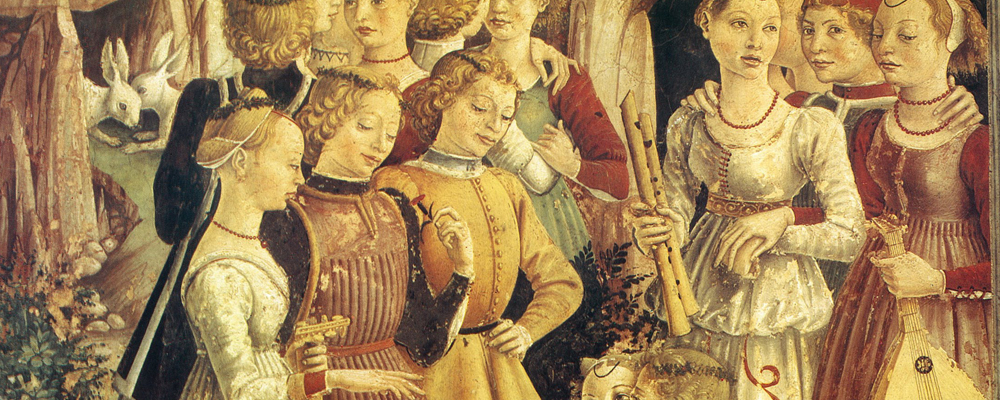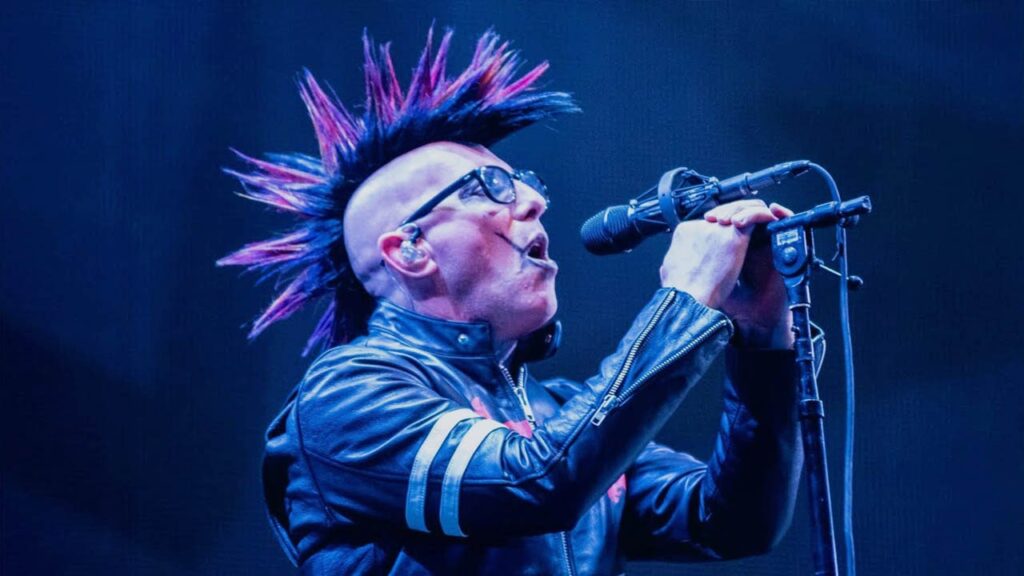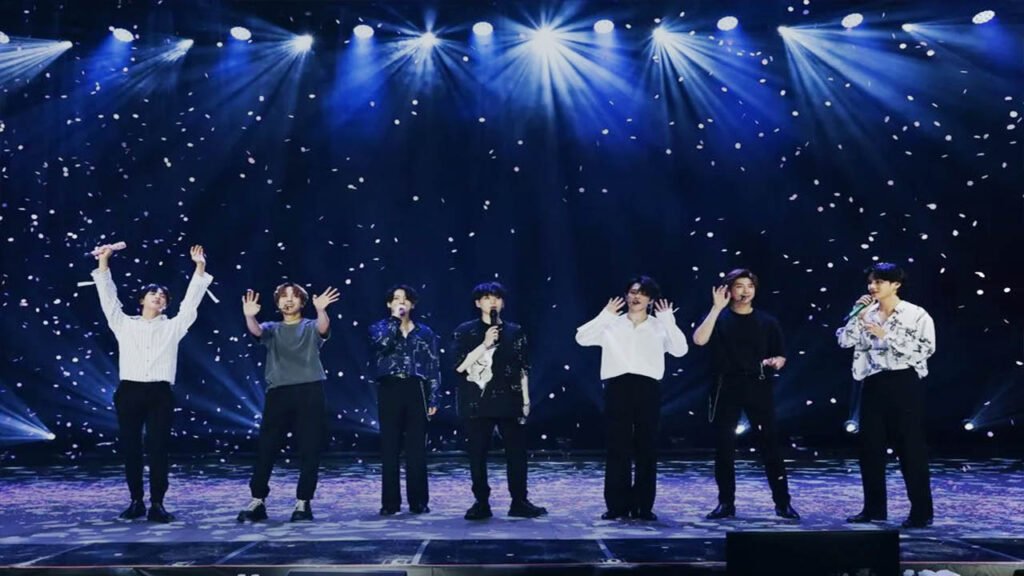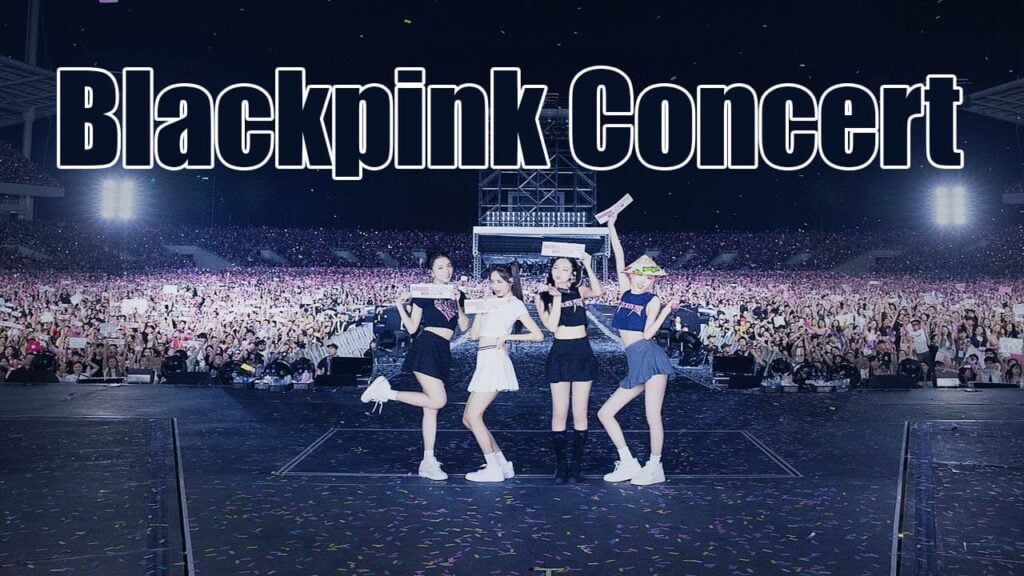Delving into the history of music often leads us to fascinating discoveries about the innovative minds behind iconic compositions. One such enigma that has puzzled musicologists and enthusiasts alike is the origin of the chorale concerto. A question that echoes through time is, which composer can be credited with inventing the chorale concerto? This intriguing query has sparked debates and research, pushing scholars to uncover the mastermind behind this musical marvel. Join us on a journey through the annals of music history as we unravel the mystery and shed light on the composer who pioneered the chorale concerto, leaving a lasting impact on the world of classical music.
Introduction to Chorale Concerto
A chorale concerto is a musical composition that combines the characteristics of a chorale (a hymn tune) with the concerto form, typically featuring variations or transformations of the chorale melody throughout the piece. The chorale concerto genre emerged in the Baroque period, showcasing the composer’s creativity in melding sacred music with instrumental virtuosity.
Evolution of the Chorale Concerto
During the Baroque era, prominent composers such as Johann Sebastian Bach and Dietrich Buxtehude popularized the chorale concerto form, incorporating intricate counterpoint and elaborate ornamentation into their compositions. These works showcased the composers’ mastery of blending religious themes with complex musical structures.
Significance and Legacy
The chorale concerto genre continues to inspire contemporary musicians and audiences, serving as a bridge between sacred and secular music traditions. Its influence can be seen in later musical forms such as the symphony and the oratorio, demonstrating the lasting impact of these innovative compositions.

Exploring the Origins of the Chorale Concerto
The Chorale Concerto, a musical form that intertwines religious chorale melodies with orchestral accompaniment, has a rich history dating back to the Baroque period.
The Baroque Era
During the Baroque era, composers like Johann Sebastian Bach revolutionized sacred music by incorporating chorale tunes into instrumental compositions, giving birth to the Chorale Concerto.
This innovative fusion of liturgical melodies with intricate orchestration embodies Bach’s genius and musical prowess.
The Influence of Bach
Bach’s chorale concertos, such as his “Concerto for Violin and Oboe” BWV 1060, showcase his mastery in blending solo instruments with the chorale melodies.
These compositions laid the foundation for future composers to explore the possibilities of this unique musical form.

Key Characteristics of the Chorale Concerto
The Chorale Concerto, a musical composition that combines elements of chorales and concertos, was notably invented by Johann Sebastian Bach.
Innovative Fusion
One of the key characteristics of the chorale concerto is its innovative fusion of two distinct musical forms – the chorale and the concerto.
This fusion creates a unique and harmonious blend of structured melodies and solo instrumental passages, offering a rich and dynamic listening experience. Bach’s ingenious approach to combining these forms showcases his masterful craftsmanship.
Contrapuntal Complexity
The Chorale Concerto often features intricate contrapuntal writing, where multiple melodic lines intertwine and interact with each other.
This contrapuntal complexity adds depth and texture to the composition, highlighting Bach’s unparalleled skill in weaving together intricate musical themes. The interplay of voices and instruments creates a captivating musical tapestry.
The Influence of the Composer on the Chorale Concerto
The chorale concerto, a musical form that integrates a chorus with an instrumental ensemble, was invented by multiple composers during the Baroque period. Johann Sebastian Bach is notably recognized for his contributions to this genre, elevating it to new levels of complexity and sophistication. Bach’s intricate harmonies and innovative structural approaches transformed the chorale concerto into a revered art form, influencing future composers and shaping the development of classical music.
Evolution of the Chorale Concerto
Throughout history, various composers have experimented with the chorale concerto, expanding its stylistic boundaries and thematic richness. Johann Pachelbel and Heinrich Schütz were among the pioneers who laid the groundwork for this genre, setting the stage for Bach’s groundbreaking compositions.
Impacts on Musical Legacy
Bach’s masterful chorale concertos have endured the test of time, influencing generations of composers and musicians. The intricate counterpoint, expressive melodies, and profound spiritual themes embedded in Bach’s works have left an indelible mark on the classical music landscape.
- Johann Sebastian Bach – Master of the chorale concerto
- Johann Pachelbel – Pioneering contributions
- Heinrich Schütz – Early innovator in the genre
Comparing Chorale Concertos by Different Composers
When exploring the world of chorale concertos, it’s fascinating to compare how different composers have approached this musical form. From Bach to Handel to Vivaldi, each composer brings their unique style and interpretation to the chorale concerto genre.
Bach’s Chorale Concertos
Johann Sebastian Bach, often hailed as a master of chorale compositions, skillfully integrated chorales into his cantatas and organ works. His chorale concertos beautifully blend intricate melodies with rich harmonies.
Vivaldi’s Interpretation
Antonio Vivaldi, known for his vibrant and energetic compositions, infused his chorale concertos with a sense of drama and flair. His use of string instruments adds an enchanting depth to the traditional chorale form.
- Vivaldi’s innovative approach to chorale concertos
- The impact of Vivaldi’s works on the Baroque music landscape
Significance of the Chorale Concerto in Musical History
The Chorale Concerto holds a pivotal role in the history of music, blending the spiritual depth of chorales with the intricate instrumental richness of concertos. This unique fusion was a groundbreaking innovation that revolutionized the Baroque era.
Elevating Religious Melodies
Chorale Concertos elevated traditional religious melodies by incorporating them into elaborate instrumental compositions. The juxtaposition of sacred texts with virtuosic instrumental passages created a profound and captivating musical experience.
Harmonizing Contrasting Elements
By harmonizing contrasting elements like solo voices, instruments, and choir, Chorale Concertos achieved a harmonious unity that symbolized the synthesis of diverse musical traditions.
- Unity: The Chorale Concerto symbolizes the harmony between vocal and instrumental music in a compelling manner.
- Diversity: It showcases the versatility of blending different musical elements seamlessly within a single composition.
Frequently Asked Questions
- Who is the composer credited with inventing the Chorale Concerto?
- The composer credited with inventing the Chorale Concerto is Johann Sebastian Bach.
- What is a Chorale Concerto in music?
- A Chorale Concerto is a musical composition that combines elements of a chorale (hymn) with concerto-style writing, often featuring a specific instrument alongside the choir.
- What makes the Chorale Concerto unique among classical music compositions?
- The Chorale Concerto is unique because it merges the sacred and secular aspects of music, blending traditional chorale melodies with the virtuosic and instrumental elements of a concerto.
- How did Johann Sebastian Bach contribute to the development of the Chorale Concerto?
- Bach composed a series of Chorale Concertos that showcased his innovative approach to integrating chorale melodies into the structure of concerto music, further popularizing this unique musical form.
Unveiling the Mastermind: Which Composer Invented the Chorale Concerto?
Final Thoughts: The question of which composer invented the chorale concerto has sparked ongoing debate and intrigue among music enthusiasts. Although various composers have contributed to the evolution of this musical form, Johann Sebastian Bach stands out as the mastermind behind the chorale concerto. His innovative approach and unparalleled creativity have left an indelible mark on the music world, showcasing the power of blending tradition with innovation. By delving into the history and characteristics of the chorale concerto, we gain a deeper appreciation for Bach’s genius and the enduring legacy of this musical genre.




